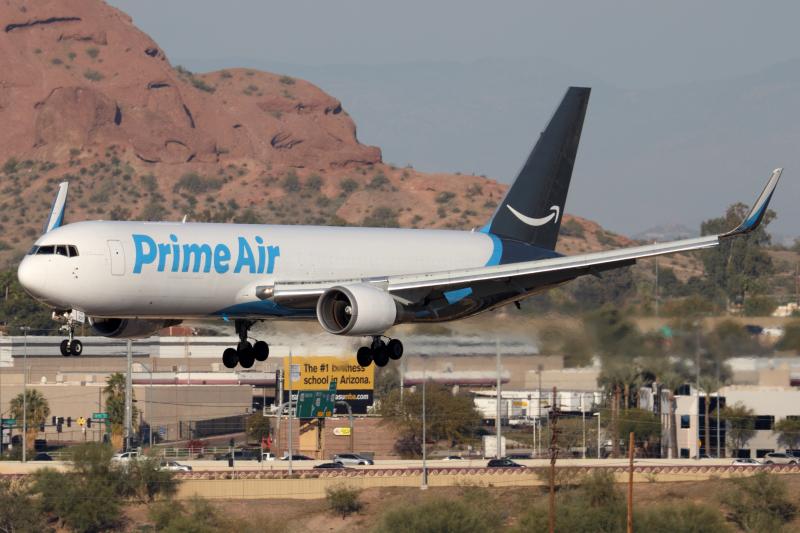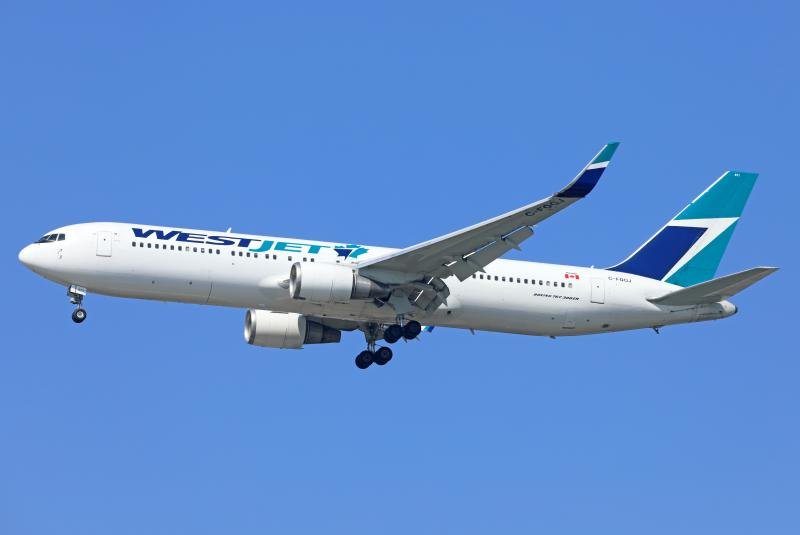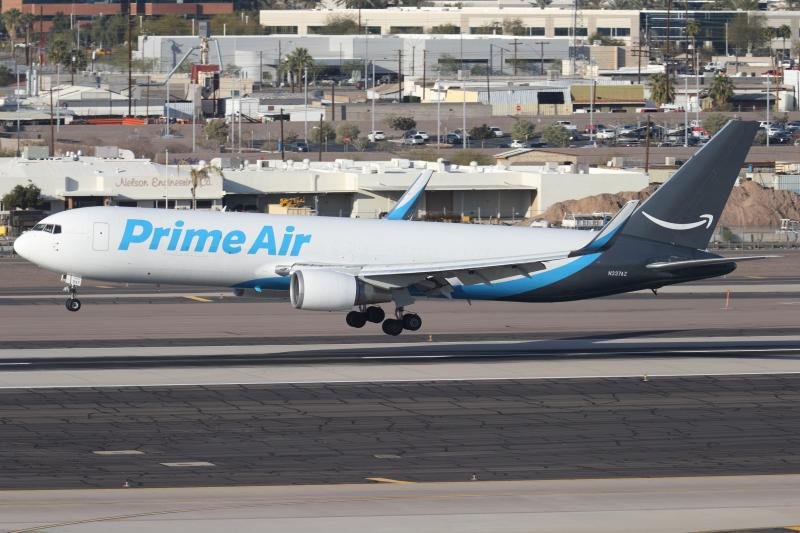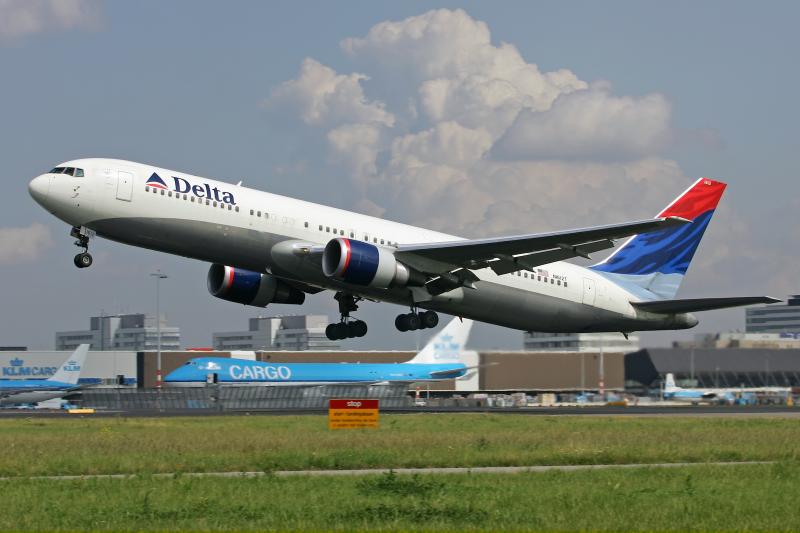The bolstered fleet supports Amazon’s growing customer base during a time when people continue to rely on receiving items they need quickly
In a bid to grow its fleet to continue to match increased demand for its delivery services, e-commerce giant Amazon has, for the first time, directly purchased 11 aircraft.

The acquisitions – which are exclusively for Boeing 767-300 aircraft – include seven examples from Delta Air Lines and four from Canadian carrier WestJet.

“Our goal is to continue delivering for customers across the US in the way that they expect from Amazon, and purchasing our own aircraft is a natural next step toward that goal,” said Sarah Rhoads, vice president of Amazon Global Air. “Having a mix of both leased and owned aircraft in our growing fleet allows us to better manage our operations, which in turn helps us to keep pace in meeting our customer promises.”

The four widebodies procured from WestJet are currently undergoing passenger-to-freighter conversion at Lake City Gateway Airport in Florida. All four examples are nearly 30 years old and previously served with Australian flag carrier Qantas before being acquired by the Canadian carrier.
They all expected to join Amazon Air’s fleet this year.
The seven twinjets purchased from Delta are expected to join the carrier’s cargo network during 2022.

The company says these fleet additions will ensure added capacity in Amazon Air’s network for years to come. The firm will continue to rely on third-party carriers – such as Atlas Air, Air Transport International and Southern Air – to operate these new aircraft.
The firm’s fleet currently comprises 66 jets, but it’s thought this will grow dramatically over the coming years as demand for its services increases.

